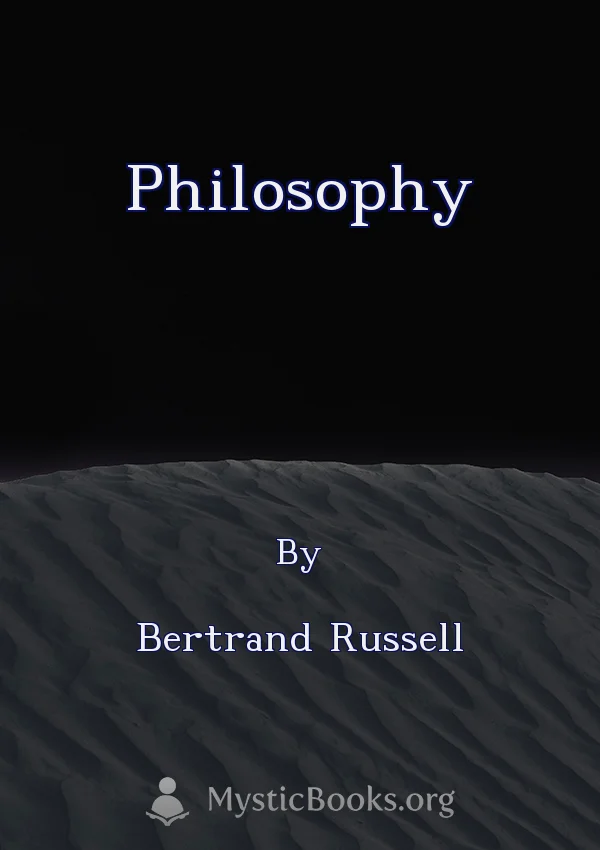
Philosophy
'Philosophy' Summary
In "Philosophy", Bertrand Russell takes readers on a journey through the fundamental questions that have occupied philosophers for centuries. He examines the nature of knowledge, exploring the limits and possibilities of human understanding. Russell argues that knowledge is acquired through reason and observation, challenging the reliance on intuition and tradition. He then delves into the nature of the universe, examining its structure and composition. Russell presents his theory of logical atomism, suggesting that the universe is composed of basic, indivisible units, and that knowledge is derived through the analysis of these units. Throughout the book, Russell explores the ethical implications of his philosophical system, examining the role of humanity in the grand scheme of the universe and the importance of pursuing knowledge for its own sake. He emphasizes the need for rational thinking and a scientific approach to understanding the world, advocating for a progressive outlook that embraces both the beauty and complexity of the universe.Book Details
Language
EnglishOriginal Language
Published In
Genre/Category
Tags/Keywords
Authors
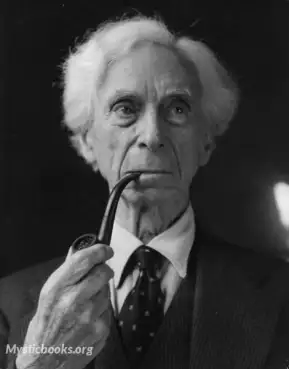
Bertrand Russell
England
Bertrand Arthur William Russell, 3rd Earl Russell was a British polymath, philosopher, logician, mathematician, historian, writer, social critic, political activist, and Nobel laureate. Throughout his...
Books by Bertrand RussellDownload eBooks
Listen/Download Audiobook
Unfortunately, no Audiobooks/Narrations exist for this book, yet...
Related books
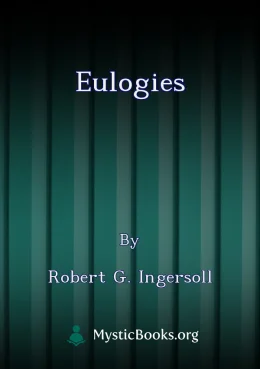
Eulogies by Robert G. Ingersoll
This collection of eulogies by Robert G. Ingersoll, known as 'The Great Agnostic,' is a profound exploration of life, death, and memory. It provides...
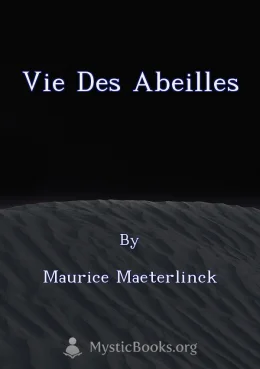
vie des abeilles by Maurice Maeterlinck
Maurice Maeterlinck's *Vie des Abeilles* is a fascinating exploration of the intricate world of bees. Combining scientific observation with philosoph...
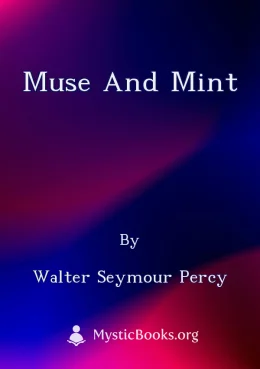
Muse and Mint by Walter Seymour Percy
Walter Seymour Percy, a Canadian minister, penned a collection of poems in 'Muse and Mint.' The poems, often written for his children, reflect his dee...

Republic by Plato (Πλάτων)
The Republic is a foundational work of Western philosophy and political theory. Plato explores the nature of justice and the ideal state through a dia...

Negro by William E. B. Du Bois
A short yet profound examination of the African American experience, offering a general statement of the condition, history, and identity of Black peo...

Geschichte der Abderiten by Christoph Martin Wieland
Die "Geschichte der Abderiten" von Christoph Martin Wieland ist ein satirischer Roman, der die Schwächen und Dummheiten der Menschheit auf humorvolle...

Watt's Songs Against Faults by Isaac Watts
Isaac Watts's "Songs Against Faults" is a collection of poems that offer moral guidance and encourage the development of positive character traits. Wa...
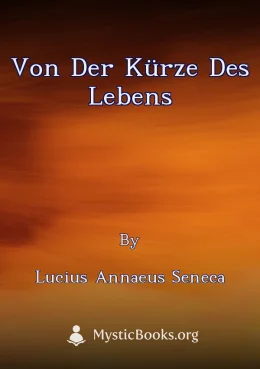
Von der Kürze des Lebens by Lucius Annaeus Seneca
"On the Shortness of Life" by Seneca is a philosophical treatise that explores the nature of time and how we can make the most of our limited time on...
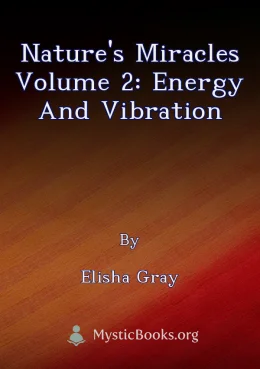
Nature's Miracles Volume 2: Energy and Vibration by Elisha Gray
Nature's Miracles Volume 2: Energy and Vibration is a discussion of science and technology for the general public. Elisha Gray, an American electrical...
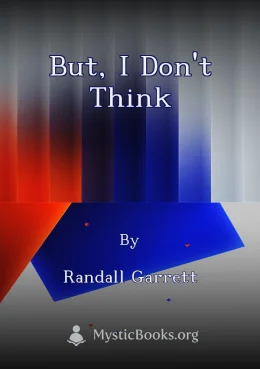
But, I Don't Think by Randall Garrett
In a future where humanity has spread across the galaxy, a complex and unusual social structure has evolved. The story revolves around the concept of...
Reviews for Philosophy
No reviews posted or approved, yet...